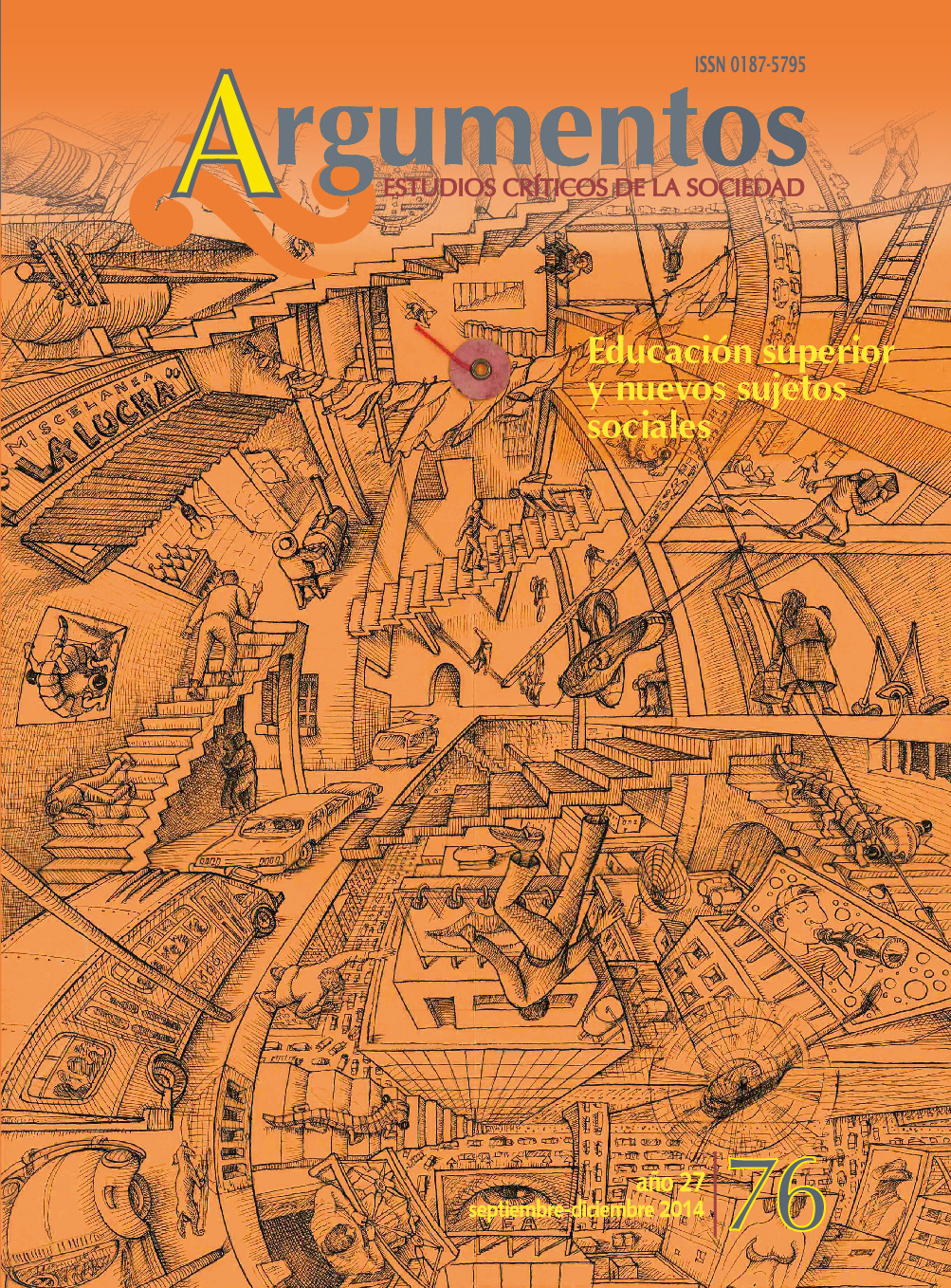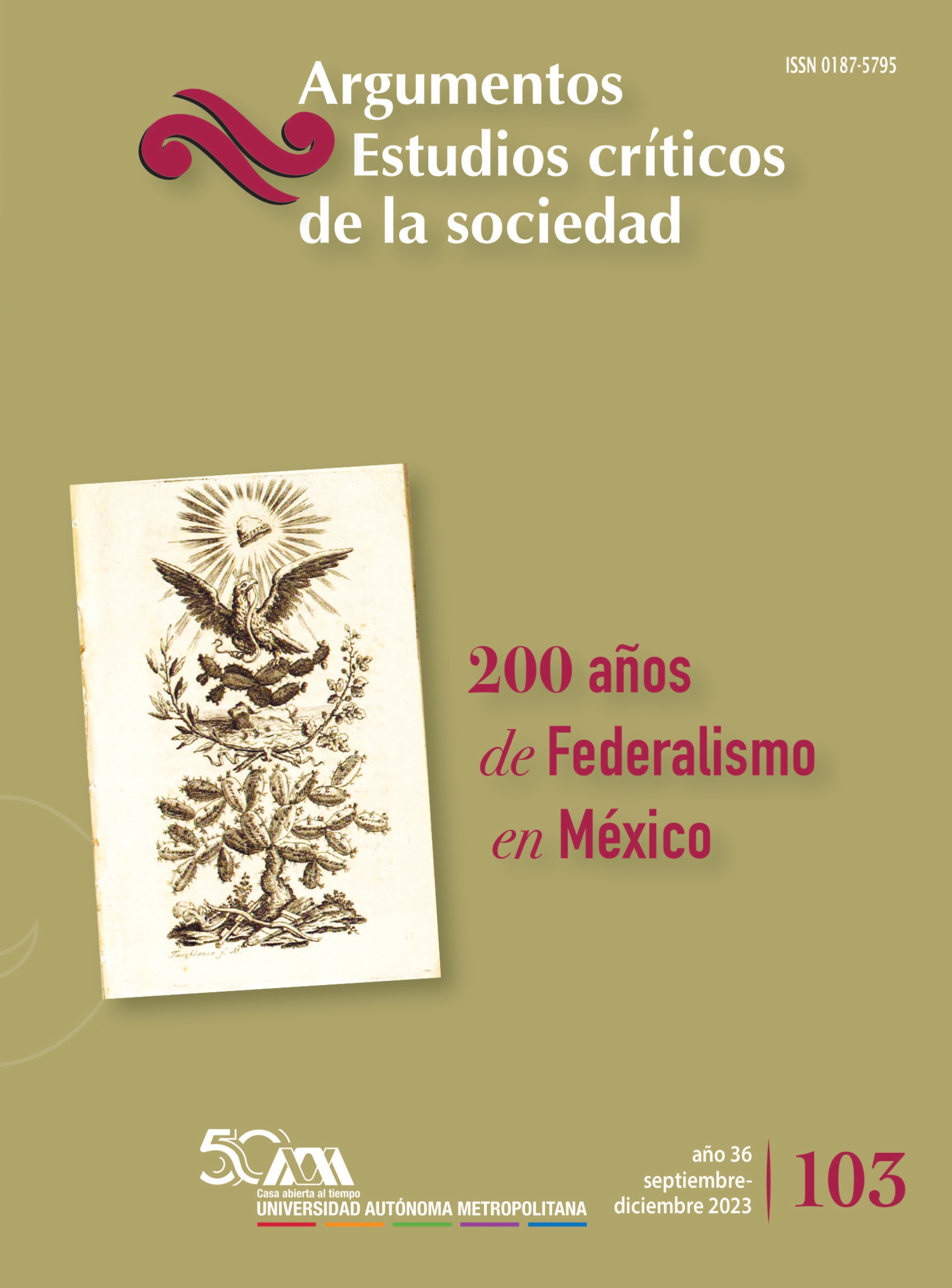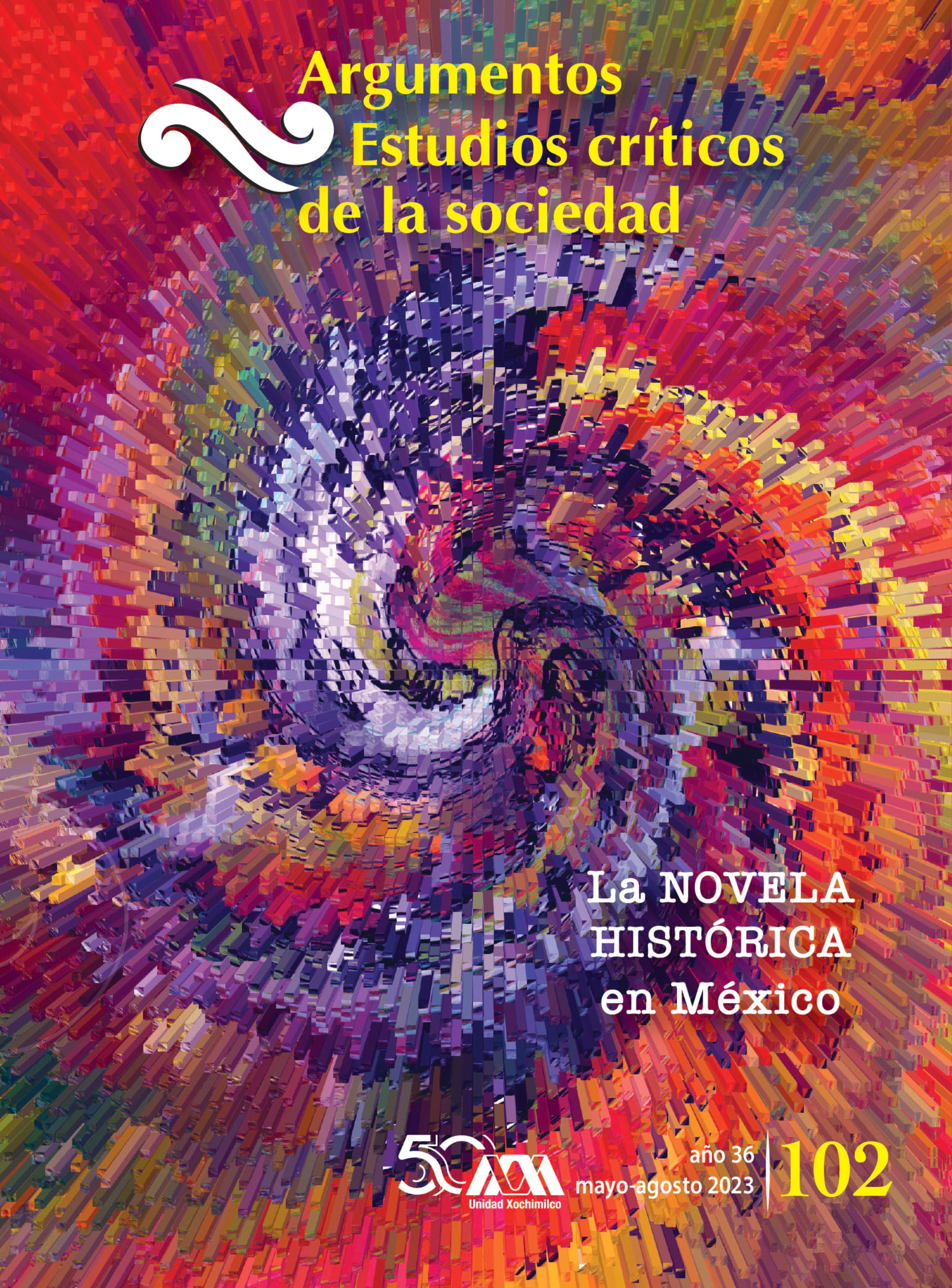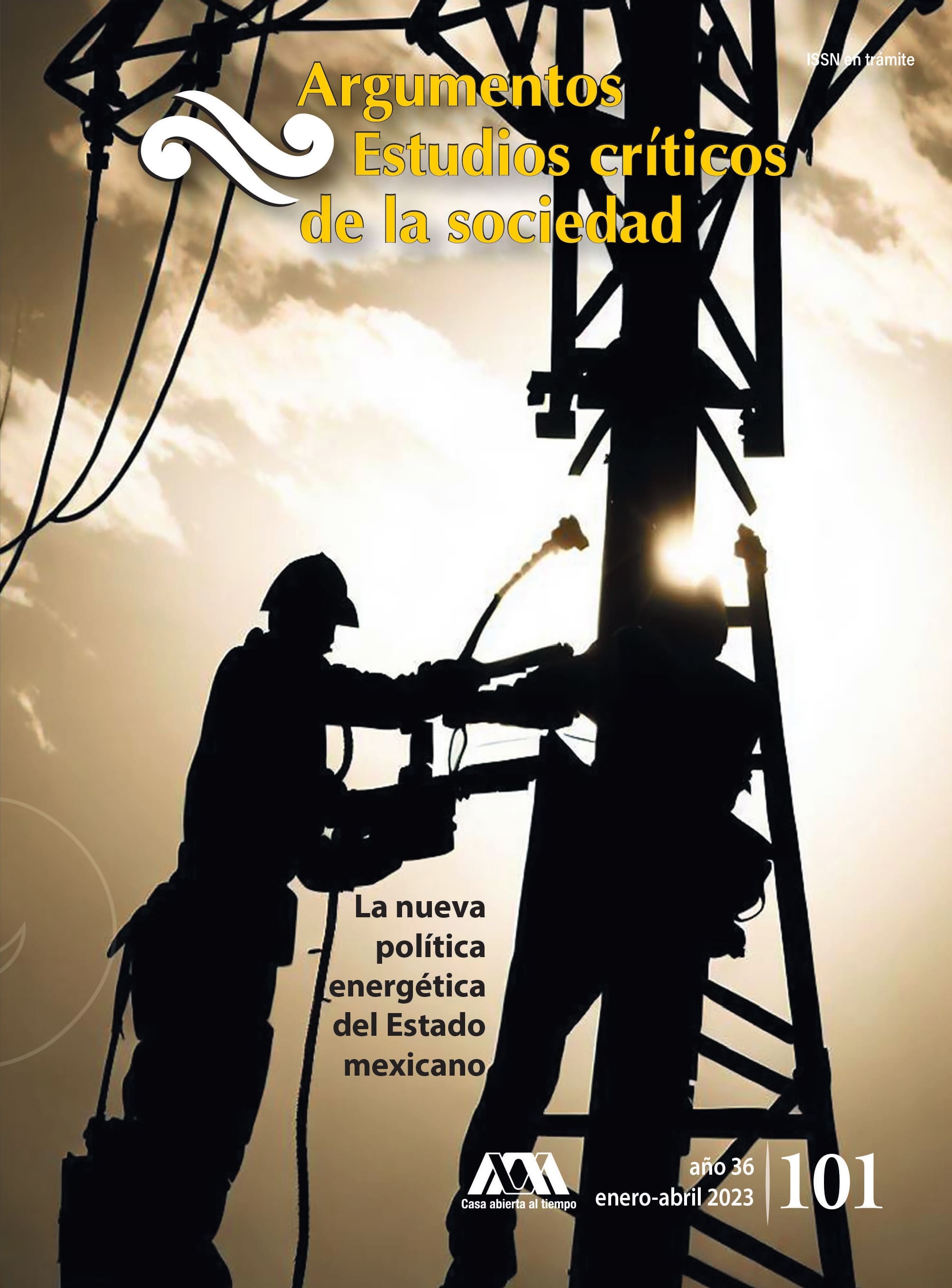El asalto a la interculturalidad
Las universidades interculturales de México
Keywords:
intercultural education, decoloniality, intercultural relationsAbstract
Intercultural education is a legitimate demand of the Indian peoples of Mexico acquire educational instruments to tackle discrimination and assimilation processes were exercised as part of public policy in the twentieth century. With this perspective and as part of the fulfillment of the San Andrés Accords signed between the Zapatista Army of National Liberation (EZLN) and the federal government in 1996, momentum in our country the creation of Intercultural University that gave way to the creation of intercultural relations within the university at the time of cultural processes seriously claim that made possible the revival of indigenous rights and culture were driven campus. Unfortunately, ten years after the creation of these universities we witness how these have been subsuming traditional university models within the dominant episteme and have increasingly become the focus of group control state power despite having government resources federal through the General Coordination of Intercultural and Bilingual Education (CGEIB) of the Ministry of Education. Through interviews conducted at different young students of the Intercultural University of Chiapas find their disappointment at the impossibility of living on a college campus where are real intercultural relations.








